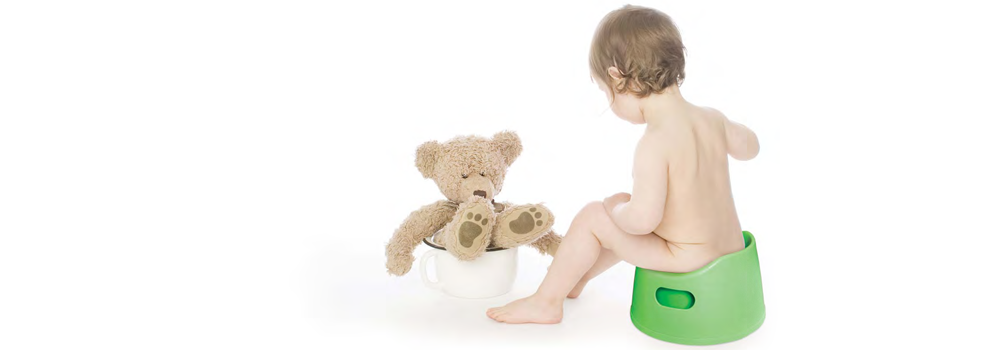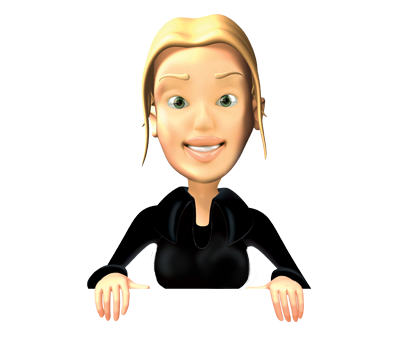Constipation is a very common problem in children. Many children normally pass stools as far apart as every few days. Regardless, you should treat hard stools that are difficult to pass and those that happen only every three days as constipation.
Breastfed infants will generally have more stools per day. Their stools vary more in frequency when compared to bottle-fed infants. For example,
breastfed infants produce anywhere from 5 to 40 bowel movements per week, whereas formula-fed infants have 5 to 28 bowel movements per week. Switching the type of milk or formula can also cause constipation.
Many things contribute to constipation but infants and children who have
well-balanced meals are not typically constipated.
Ask your health visitor for advice. In rare cases, constipation can be due to an underlying illness, so if the problem doesn’t go away in a few days, it’s important to talk to your GP.
To avoid constipation and help stop it coming back make sure your child has a balanced diet including plenty of fibre such as fruit, vegetables, baked beans and wholegrain breakfast cereals. We do not recommend unprocessed bran (an ingredient in some foods), which can cause bloating, flatulence (wind) and reduce the absorption of micronutrients. Drink plenty of fluids.
Constipation is very rare in babies who
are solely breastfed, but not uncommon
in babies who have formula, or who
have solid foods. Ask your health visitor
or pharmacist for advice on treatment.
Make sure you are making up the
formula powder with the correct
amount of water. Some formulas are
specially targeted at babies who have
minor constipation - your health visitor
can discuss your options.
If your baby is already on solid foods,
then the juice or the fruit itself should be
fine for providing relief. Fruits, such as
apples, pears and prunes, contain
sorbitol which is a natural laxative,
helping the lower bowel retain water,
which helps the poo stay soft and easy
to pass. For younger babies, check with
your health visitor before you start
giving anything other than milk.
Source: www.nct.org.uk



